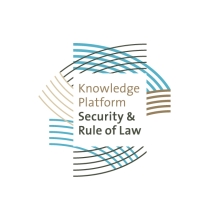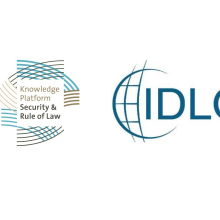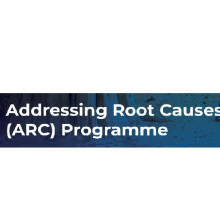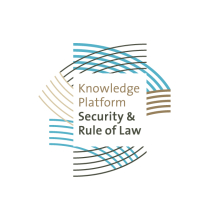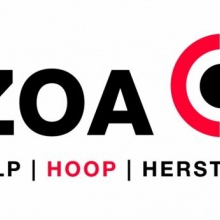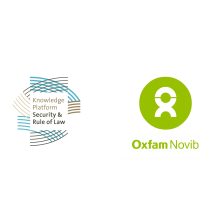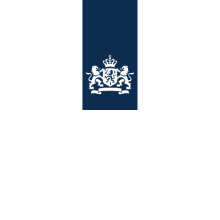About ARC
KPSRL was entrusted with facilitating the Fund’s global learning agenda between 2016 and 2022. This began in 2017 with the first ARC global learning event, where the MFA, KPSRL, and ARC partners came together to revise the Fund’s monitoring and evaluation framework and to establish five thematic learning groups: (1) income generation for peace and social cohesion; (2) gender transformation; (3) conflict sensitivity; (4) working in securitized environments; and (5) adaptive programming.
ARC organizations have shown ownership of the global learning agenda by taking the lead in identifying learning needs and opportunities, distilling insights for broader regional and global exchange, and proposing or organizing regional learning events. These efforts were supported both technically and financially by KPSRL. Over time, this collaborative approach led to a more regionally anchored learning agenda, with workshops and events tailored to the specific contexts and experiences of local partners. To further encourage participation and deepen engagement, ARC partners were also offered access to KPSRL’s Knowledge Management Fund (KMF) and other relevant support mechanisms.
KPSRL’s secretariat capitalized also on the Annual Conference throughout the years, by creating space for ARC organizations to showcase their work and engage with various programming and policy stakeholders.
The Secretariat has also supported both ARC program-level mid-term reviews and fund-level mid-term review. At the ARC Fund level, the Secretariat has actively participated as a member of the Reference Group for the ARC Mid-Term Review, reviewing drafts, providing key informant interviews and hosting a Focus Group Discussion at the Secretariat. The mid-term review final report can be found here.
Some of the learning briefs and events produced/organized as part of the said agenda include(among others):
ARC Learning Briefs
ARC Learning Events
2021 Learning Review Support
For the final year(2021), KPSRL aimed to support an ARC strategic learning assessment/review process...
- To consolidate the evidence base that has been generated through ‘learning by doing’ at the local and national level by supporting the packaging and dissemination of key lessons generated during program implementation.
- For example, KPSRL supported the Red een Kind (ARC implementing partner) in producing external research on ‘The role of informal justice in fostering the rule of law,' which was presented during the 2021 Annual Conference of the Knowledge Platform on Security & Rule of Law (14 October 2021).
- To capture, via a participatory reflection, promising practices, lessons learned, and evidence of change at both thematic and methodological level within the ARC program. The participatory reflection process provided opportunities for ARC grantees to engage with pertinent questions of collaborative learning (what worked/what didn’t work/why) and explore pathways to strengthen collaborative and creative action in learning for a better knowledge uptake in future programming and policy. A number of learning conversations/webinars took place to this end:
2022 ARC Closing Process
The ARC trajectory closed in 2022. Two regional closing events were organized in Bujumbura(Burundi) and Entebbe (Uganda) in June 2022 and a global closing event was held in The Hague in December 2022. Below you can find the relevant outputs for these closing events.

